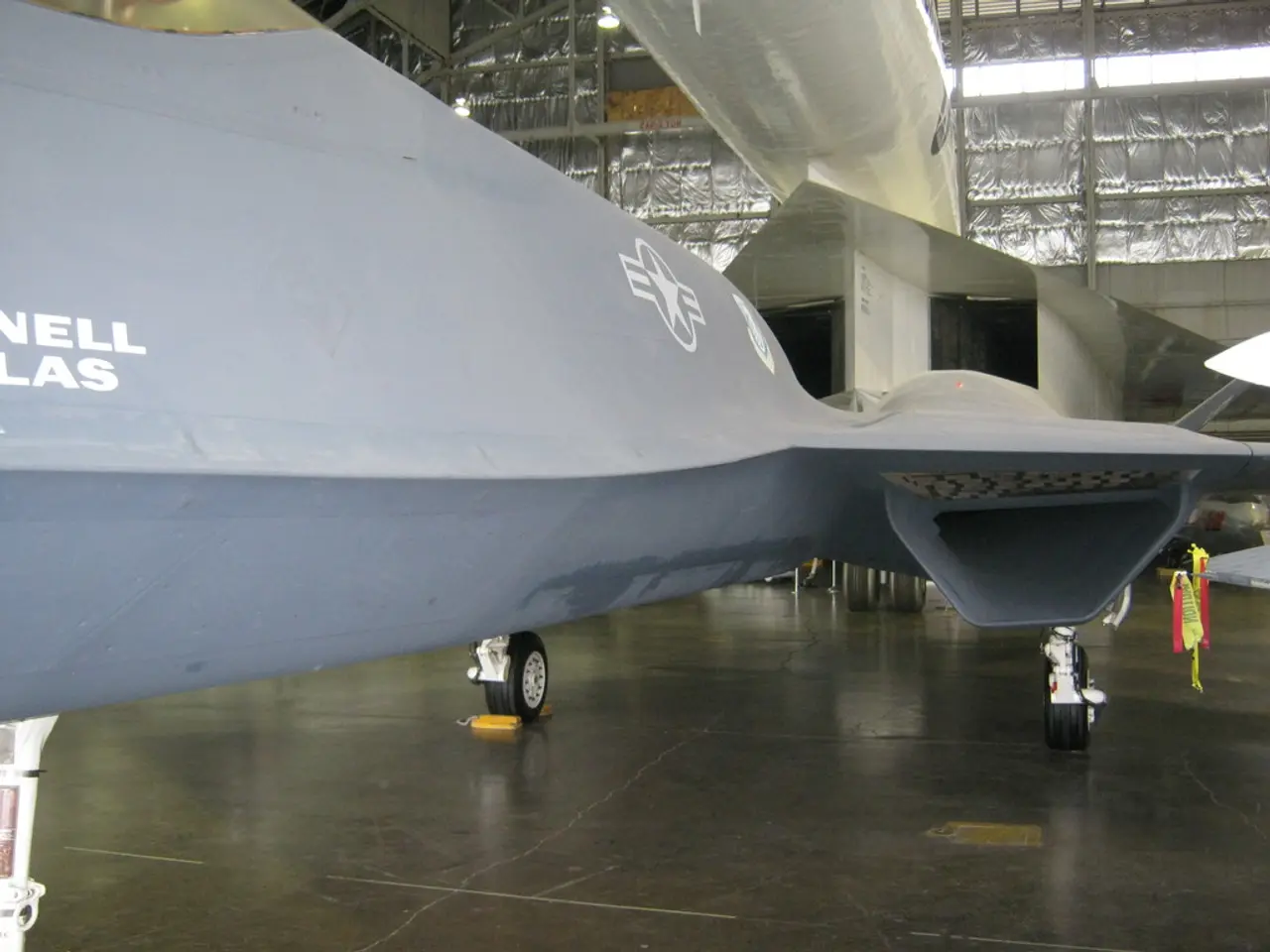A clip depicts a plane cabin engulfed in smoke following a phone charger igniting into flames
In a recent development, Emirates Airlines has taken a firm stance on power bank safety onboard their flights, following an incident where smoke filled the cabin of a flight from Sao Paulo, Brazil. According to the airline's statement, the smoke was caused by a burning power bank.
As a response to this incident, Emirates has announced a ban on using power banks during flights, effective from October 1, 2025. Passengers will still be allowed to bring power banks onboard, but they must not be used for charging devices or charging the power banks from the aircraft's power supply.
This move is part of a broader trend in the global aviation industry. Due to lithium-ion battery fire risks, many airlines have tightened their policies regarding power banks. Power banks are now only allowed in carry-on luggage and are subject to capacity limits, typically no more than 100-160 Wh. In-flight use to charge devices from power banks is largely prohibited, and charging power banks using aircraft power outlets is also prohibited. Power banks must have visible capacity labels, and storage during flight should be in seat pockets or under seats, not in overhead bins.
These measures are in response to an increase in thermal runaway incidents from lithium-ion batteries, which can cause smoke, fire, and emergency responses onboard. This has led to stricter aviation authority standards from the FAA, EASA, and ICAO.
In a similar move, other international airlines like Singapore Airlines, Scoot, China Airlines, Thai Airways, Korean Airlines, and Asiana Airlines have tightened rules around power bank use onboard, often disallowing in-flight charging for safety reasons following several battery incidents in 2024 and 2025.
The KLM Boeing 777 flight that experienced a power bank fire on August 6, 2025, safely landed in Amsterdam's Schiphol Airport with no reported injuries. Passenger Simeone Malagoli described the journey as "one of the tensest" of his life.
As the use of power banks by customers has increased in recent years, so too have lithium battery-related incidents onboard flights across the wider aviation industry. Lithium batteries, commonly used in devices like phones and laptops, have been increasingly linked to plane fires.
The incident occurred about four hours before landing, while most passengers were sleeping. Panicked passengers covered their faces as a flight attendant used a fire extinguisher. The jet landed safely after the incident.
The incident serves as a reminder of the importance of adhering to airline policies regarding power banks. As the industry continues to evolve, it is expected that these policies will become even more stringent to ensure the safety of all passengers.
- due to an increase in thermal runaway incidents from lithium-ion batteries, the global aviation industry is implementing stricter policies regarding power banks.
- The FAA, EASA, and ICAO have set new standards for aviation authorities to address the risk of smoke, fires, and emergency responses caused by lithium-ion battery fires onboard.
- Following several battery incidents in 2024 and 2025, Singapore Airlines, Scoot, China Airlines, Thai Airways, Korean Airlines, and Asiana Airlines have tightened rules around power bank use onboard, often disallowing in-flight charging for safety reasons.
- In the finance sector, insurance companies may need to reassess their policies regarding compensation for damages caused by power bank accidents on flights, as the industry's regulations continue to evolve towards greater safety measures.








